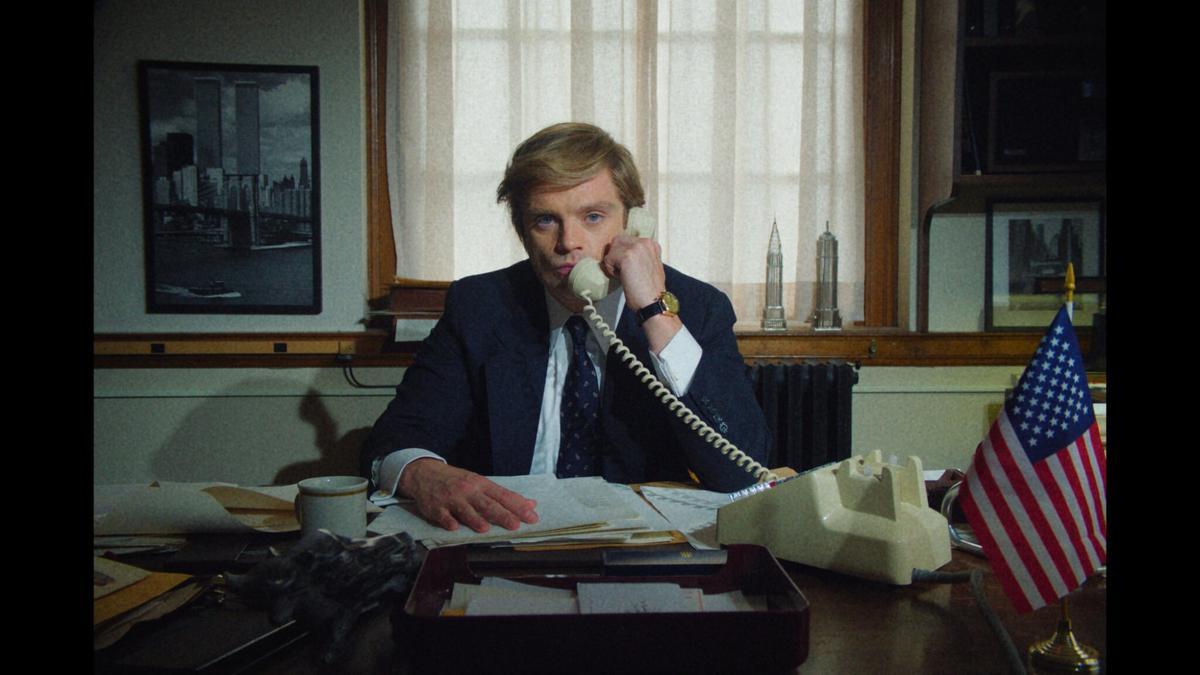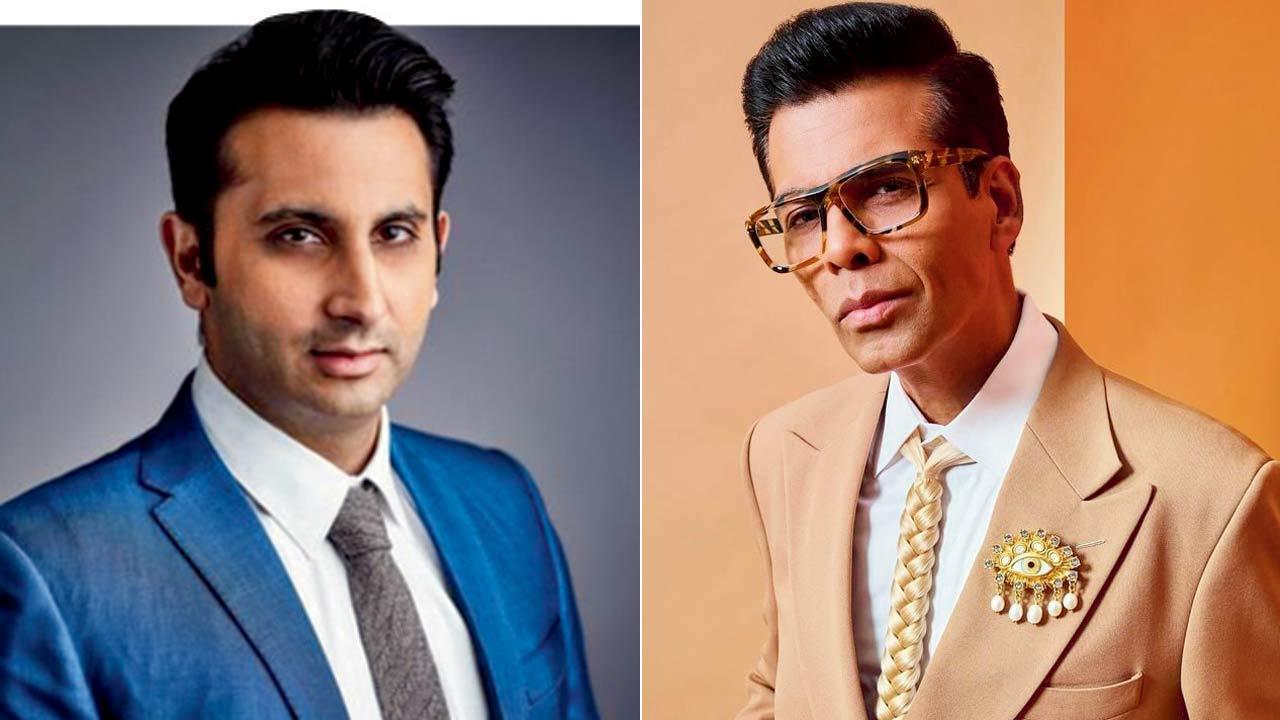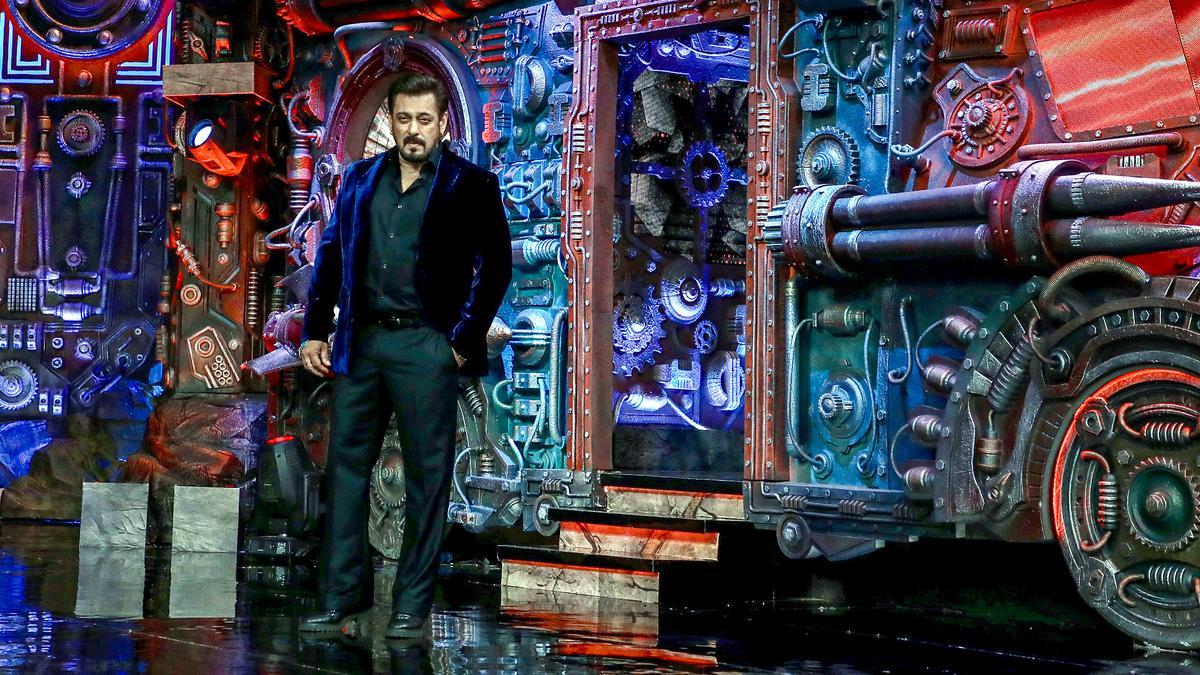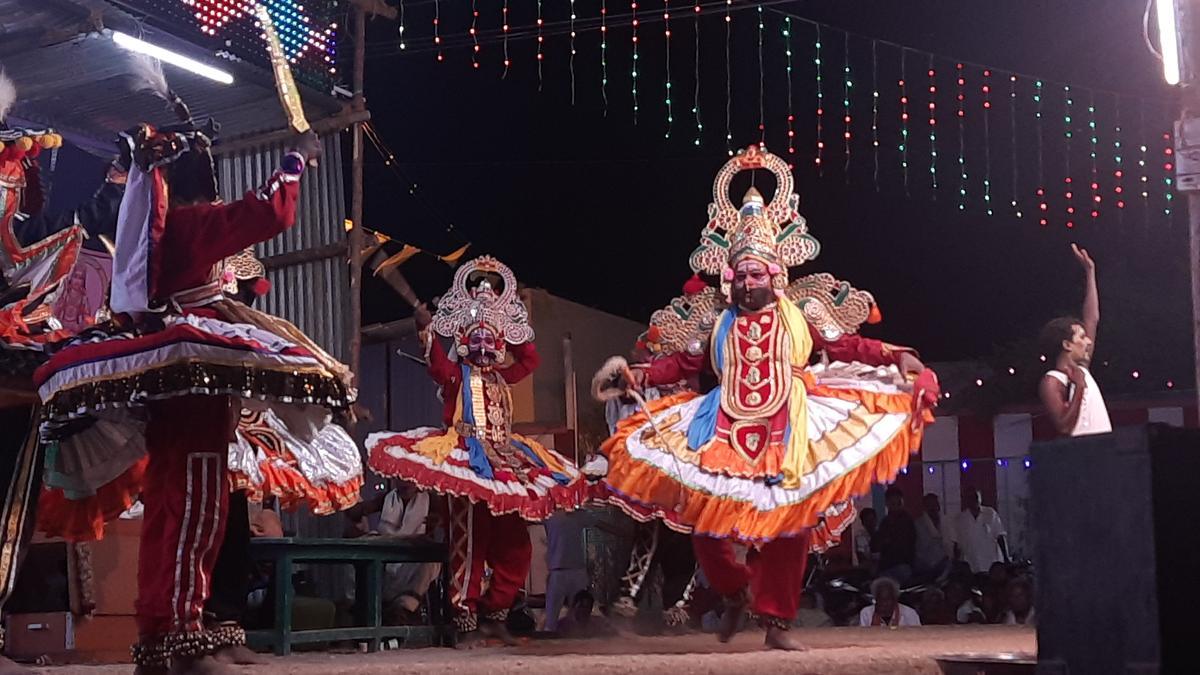
The early days of Donald Trump as a real estate magnate unfolded under the relentless glare of The Apprentice, a reality TV show that did more to shape his public persona than any campaign could. Now, this chapter of his life is once again thrust into the limelight but this time in a distinctly unflattering portrayal by Ali Abbasi’s biopic, with actor Sebastian Stan stepping into the shoes of the controversial tycoon. The film, which has already stirred the pot with standing ovations at Cannes, has provoked a strong legal response from Trump’s team, who seem poised to defend their client’s image with ferocious intensity.
But this raises a pertinent question about the power of parody in the age of Trump. In 2024, what does it even mean to try and satirize a figure who has lived much of his public life as if he were a walking punchline? In many respects, satire—a genre aimed at ridiculing and exposing the absurdities of those in power—struggles to keep pace with Trump’s real-life antics, which often surpass the imagination of even the most satirical minds.
Donald Trump, with his blend of flamboyance, audacity, and showbiz instincts, represents a unique challenge to satire. Traditional methods of parody falter when faced with a personality that has turned his own life into an ongoing performance. The same tactics that have successfully dismantled political figures in the past seem baffled when applied to someone who appears to embrace this exaggerated caricature, rendering satire powerless.
While satire historically has provided a means for comedians and filmmakers like Jon Stewart, Stephen Colbert, and others to critiqueto scrutinize leadership—from George Bush’s days to more recent political figures—Trump’s presidency and subsequent media presence have upended these norms. In the age of Trump, satire often seems like a tool that no longer punctures power effectively. With Trump’s penchant for chaos and unpredictability, any attempt at satire risks redundancy before it even begins.
Consider films by Adam McKay, such as Vice and Don’t Look Up, which faced criticism for being too overt and heavy-handed in their allegories. There is speculation that perhaps subtlety no longer cuts it in a world where reality itself has become an absurd theater.
. Trump’s own barrage of Twitter activity, complete with misspelled words and his meme-worthy exchanges, only heightens this narrative, making parody feel redundant. Comedians found themselves merely echoing his antics rather than exaggerating them, eventually seeing the futility of trying to out-satirize someone who does it effortlessly himself.
Even Alec Baldwin’s portrayal of Trump on Saturday Night Live, a performance that initially garnered both praise and controversy, began to lose impact over time. Trump, far from being embarrassed by the satirical portrayals, joyfully woven them into his narrative of perceived media victimization, using them to fuel his mythos rather than diminish it.
The predicament for those taking a stab at Trump-era satire lies in confronting a figure who not only withstands mockery but appears to thrive on it. The genre, which once cut through the layers to reveal truths, now often seems to inadvertently bolster the mythology surrounding Trump. Instead of diminishing his magnetism, attempts at humor and parody often solidify it, contributing to the invincible aura around him.
Comparatively, in Indian cinema, political satire remains significantly underutilized. Here, films serve more as altars of hero worship or melodramatic escapism, with sharp political commentary being sparse and fraught with risks of backlash or censorship. Unlike Trump, Indian politicians often maintain an imposing distance between their crafted public personas and satirical content, which, as a result, finds few means to breach their edifice.
As The Apprentice hits the global screens, it raises deep questions regarding the trajectory of satire when examining lives of such substantial public spectacle. Not only has Donald Trump shown himself resilient to traditional satirical punches, but his skill in flipping criticism into theater has cemented his standing as a formidable character in this genre. For a consummate showman like Trump, that might just be the ultimate punchline—one that resonates far beyond the realm of parody and into the heart of contemporary political discourse.










